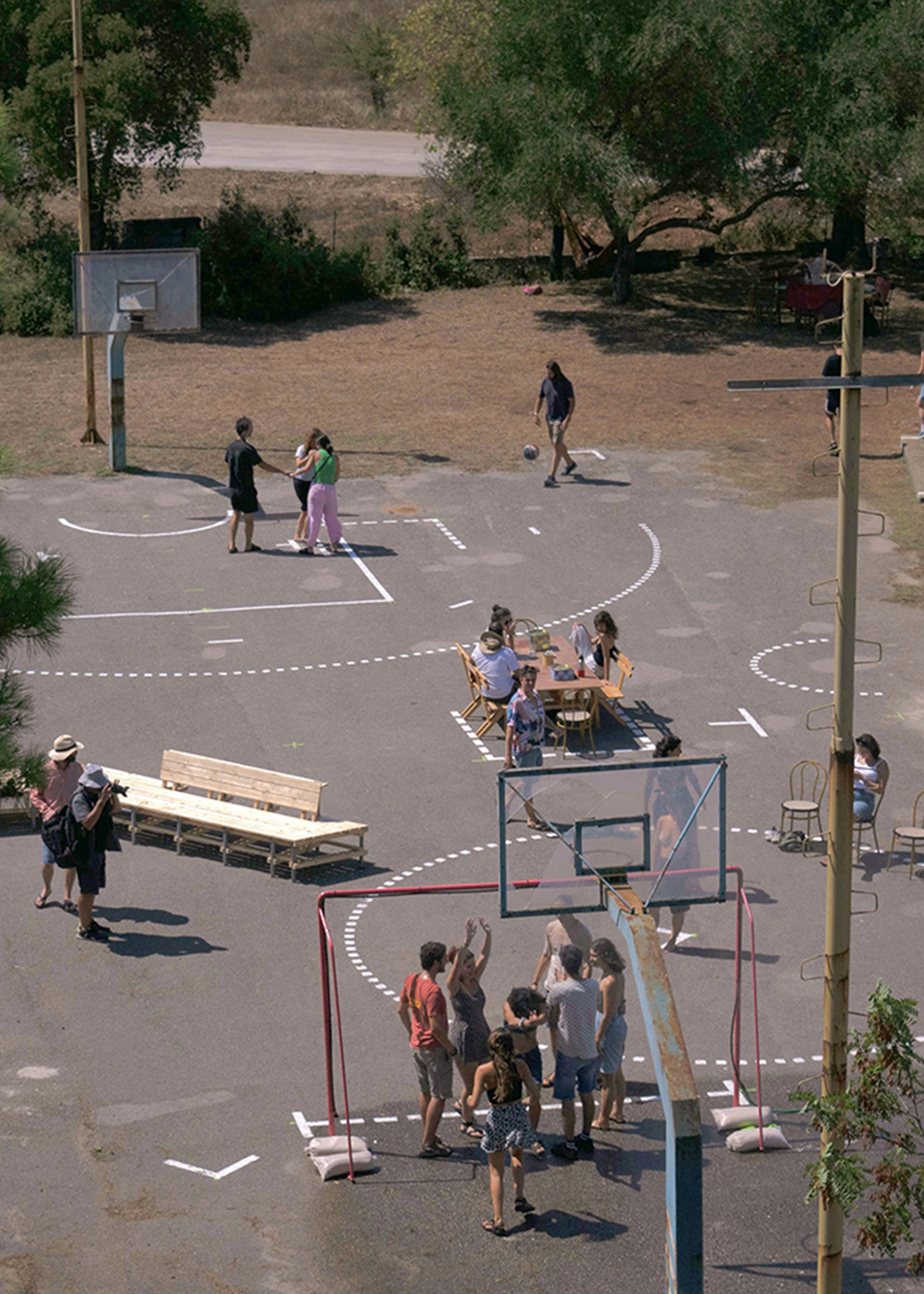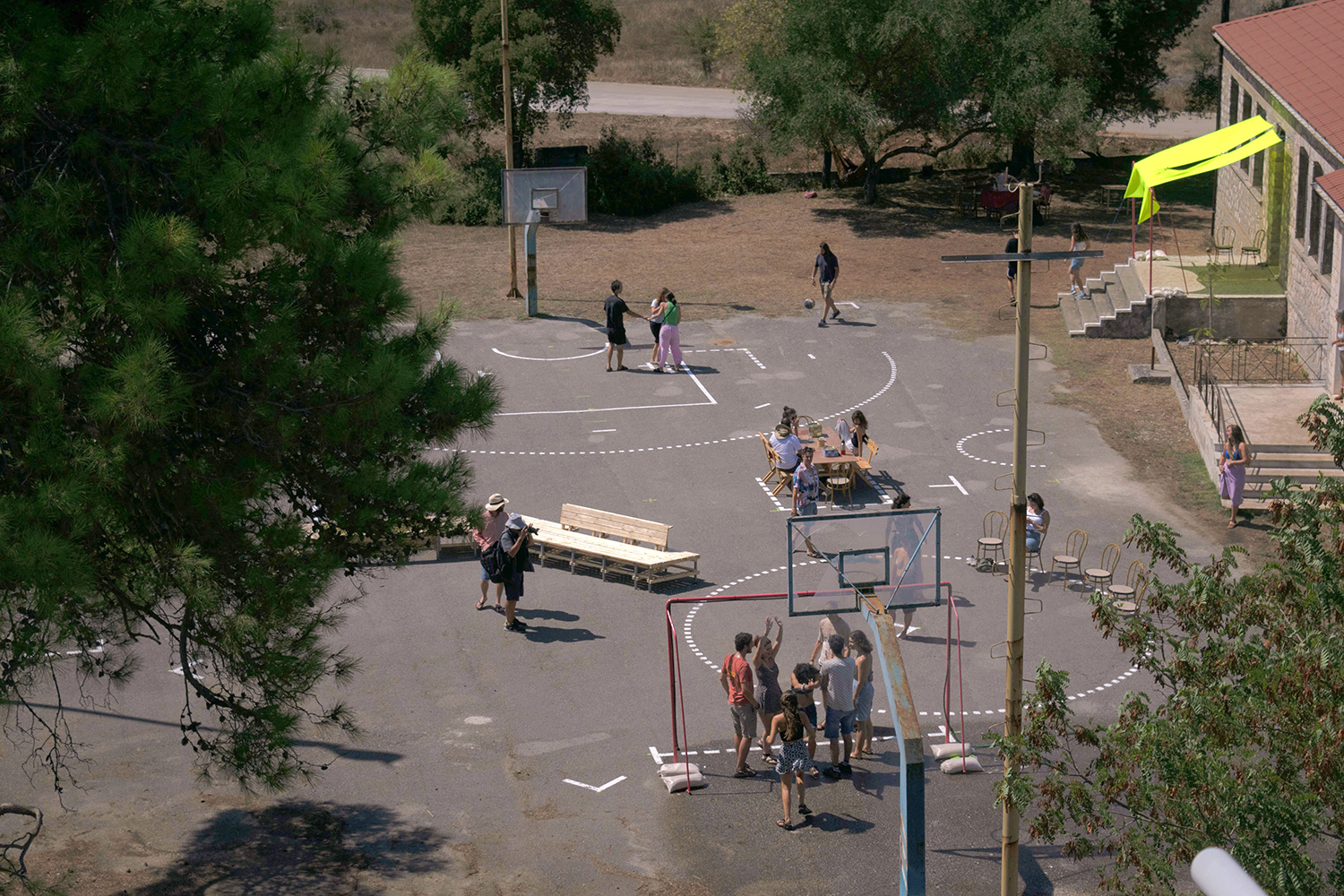
Building Bonds Between Formal, Non-formal and Informal Education
Architecture School of Commons (ASOC) is an experimental program of architectural pedagogy and territorial transformation that connects architecture students, academics, professionals, and local communities through workshops, events, and activities.
ASOC emphasizes the long-term relationship between rural communities and their natural environment, exploring the concept of “commons” and highlighting the notions of reuse, care, and solidarity in architectural practice and education.
At the heart of the project lies mutual and peer-to-peer learning, self-organization, and commons practices, along with a strong commitment to fostering collective climate awareness, aiming to integrate climate thinking into architectural training and practice.
Pilot Experience 2022–2024
Over three years, ASOC has organized intensive workshops in three rural European areas in France, Italy, and Greece. These regions share common issues such as reduced public services, depopulation, aging populations, and a wealth of architectural heritage that remains unused.
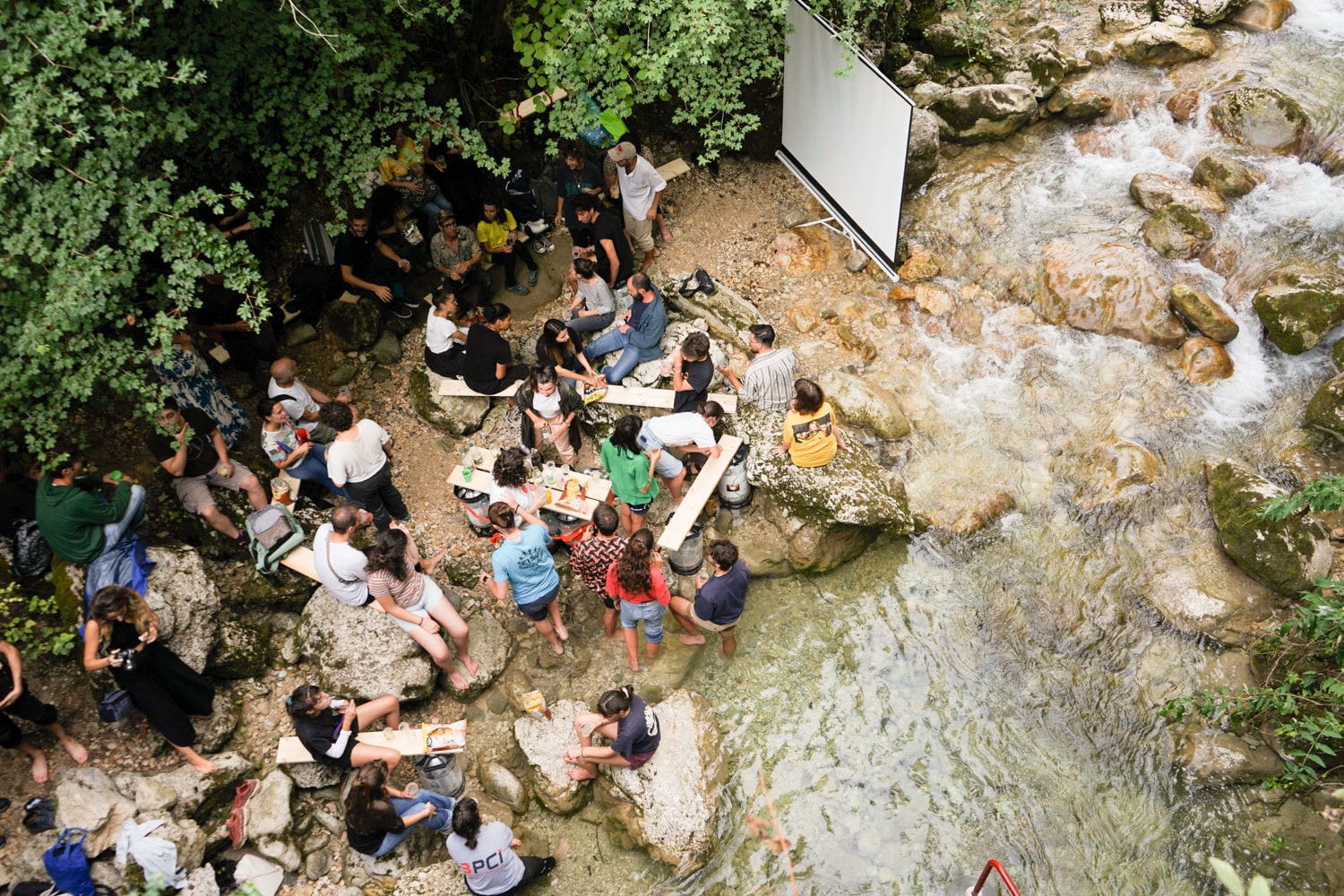
In each location, ASOC collaborates with local communities and initiatives on pilot experiences in territorial transformation that benefit both the inhabitants and the region, promoting an architecture committed to people, heritage, and the environment.
ASOC FRANCE 2022: Culture of Reuse
The Place des Possibles in Saint-Laurent-en-Royans serves as a space for work, learning, exchange, and community gatherings, amplifying projects that serve the community.
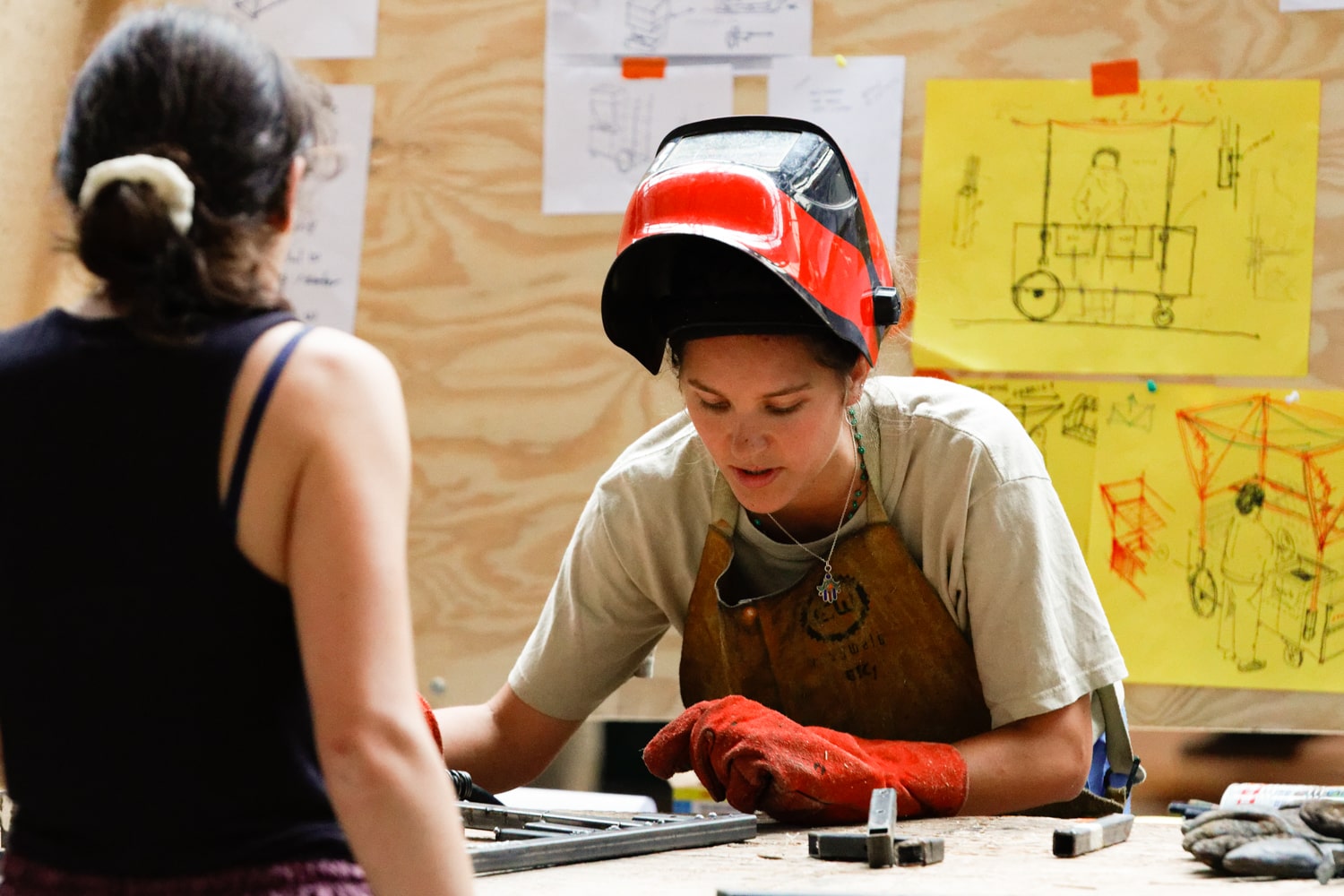
ASOC’s first experience in 2022 focused on the concept of reuse through design. In the initial phase, a series of lightweight, reversible, and temporary micro-architecture prototypes were built, allowing participants to test different uses and low-tech construction techniques that emphasize local material resources (materials and components) and intangible resources (know-how and methods).
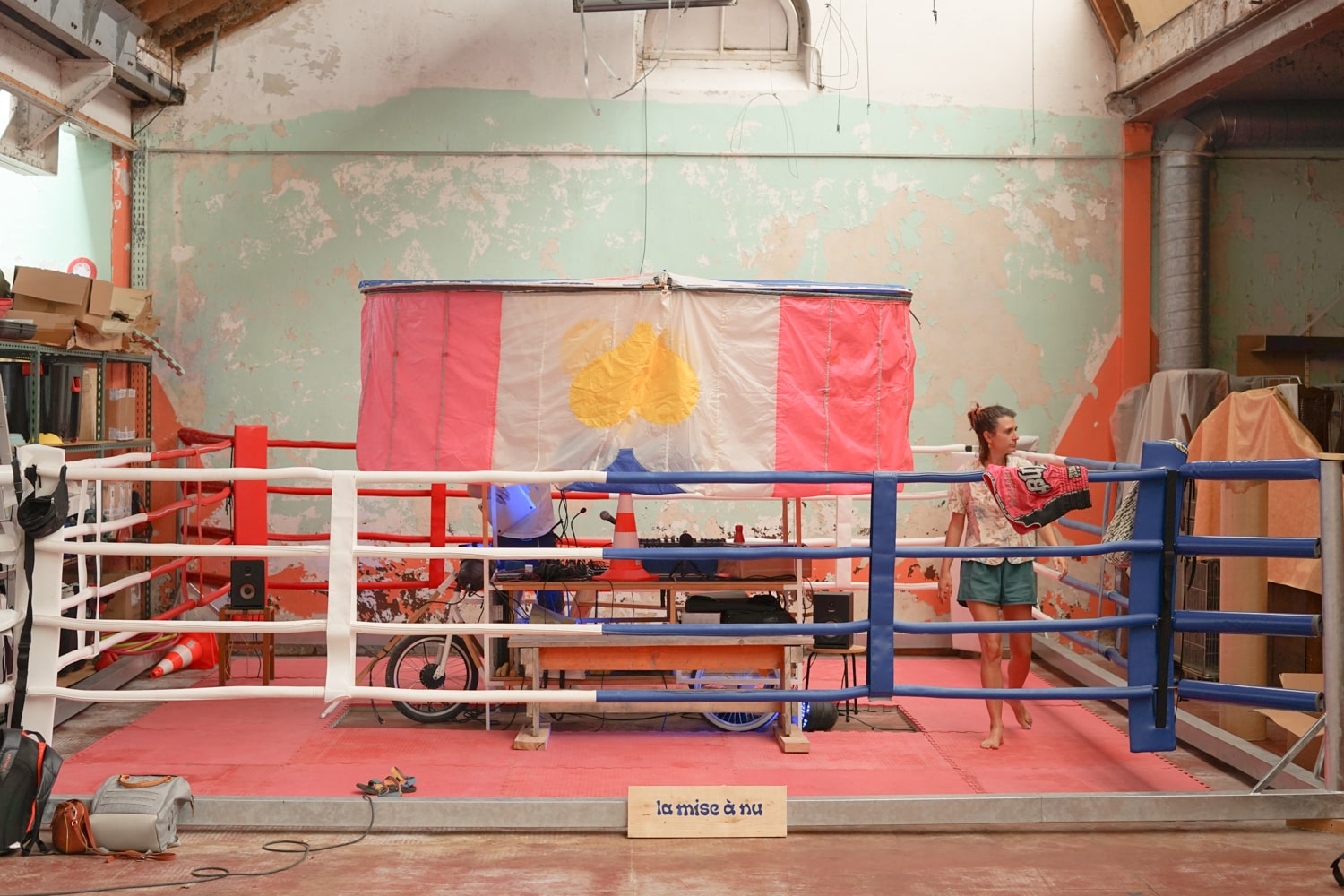
The prototypes produced during this pilot workshop became the foundation for a second phase, in which the infrastructure of La Place des Possibles was reorganized. For example, the central fixed kitchen was modified, and a mobile kitchen was created. Additionally, a series of podcasts, posters, signage flags, and a printed publication were produced.
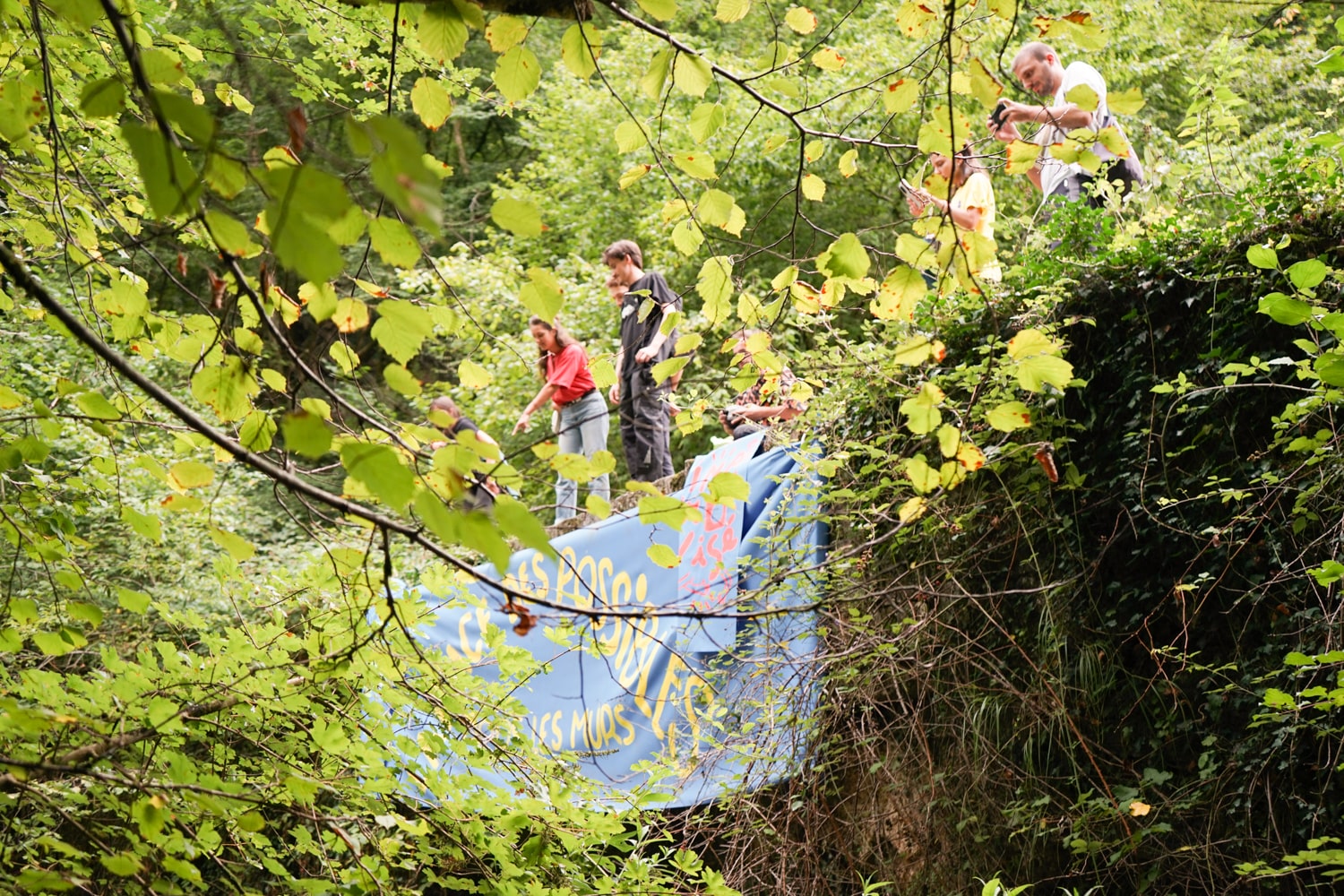
ASOC ITALY 2023: Umano no umano
ASOC’s second experience took place at La Casa di BelMondo in Belmonte, Italy. Since 2019, Casa di BelMondo has been a collaborative space for architects, clients, and the local community.
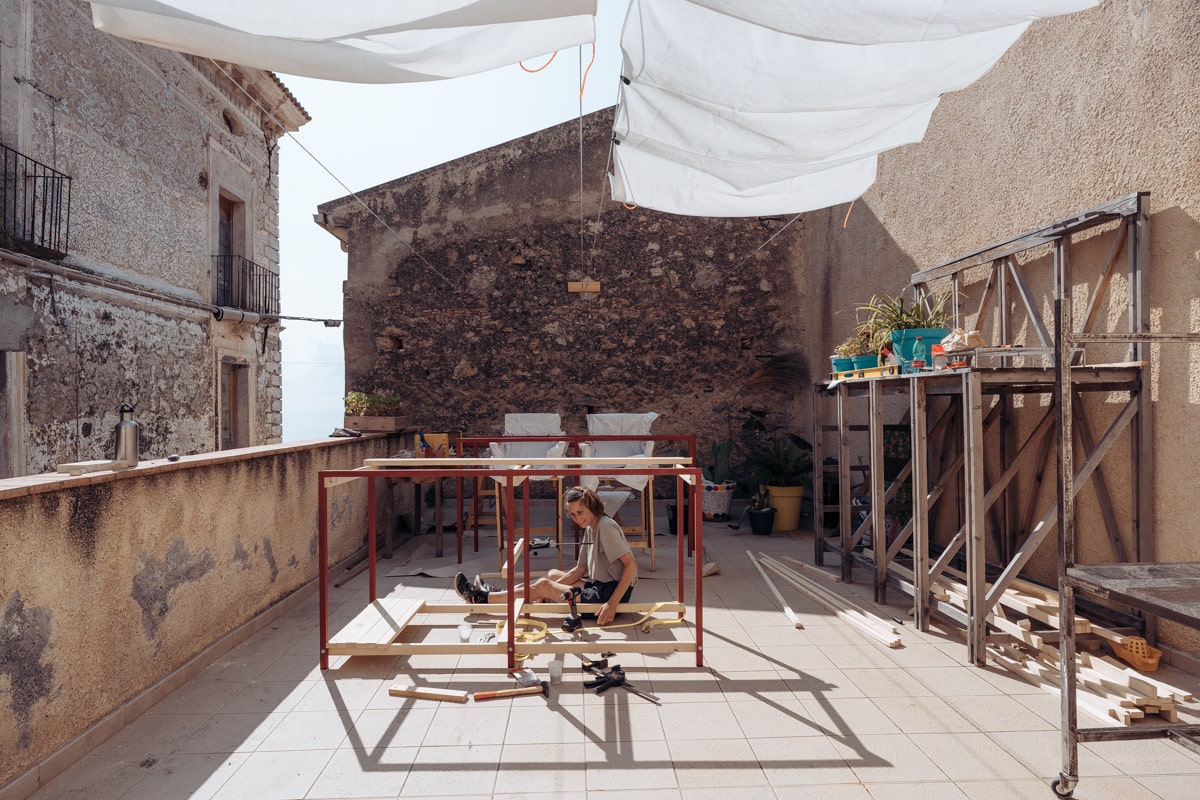
In the first phase of the workshop, a group of ten students from the Polytechnic University of Turin, along with faculty and ASOC partner collectives, inhabited and worked in the basement spaces of Casa di BelMondo, experimenting with a new form of collaborative work: the “Cantiere Domestico.”
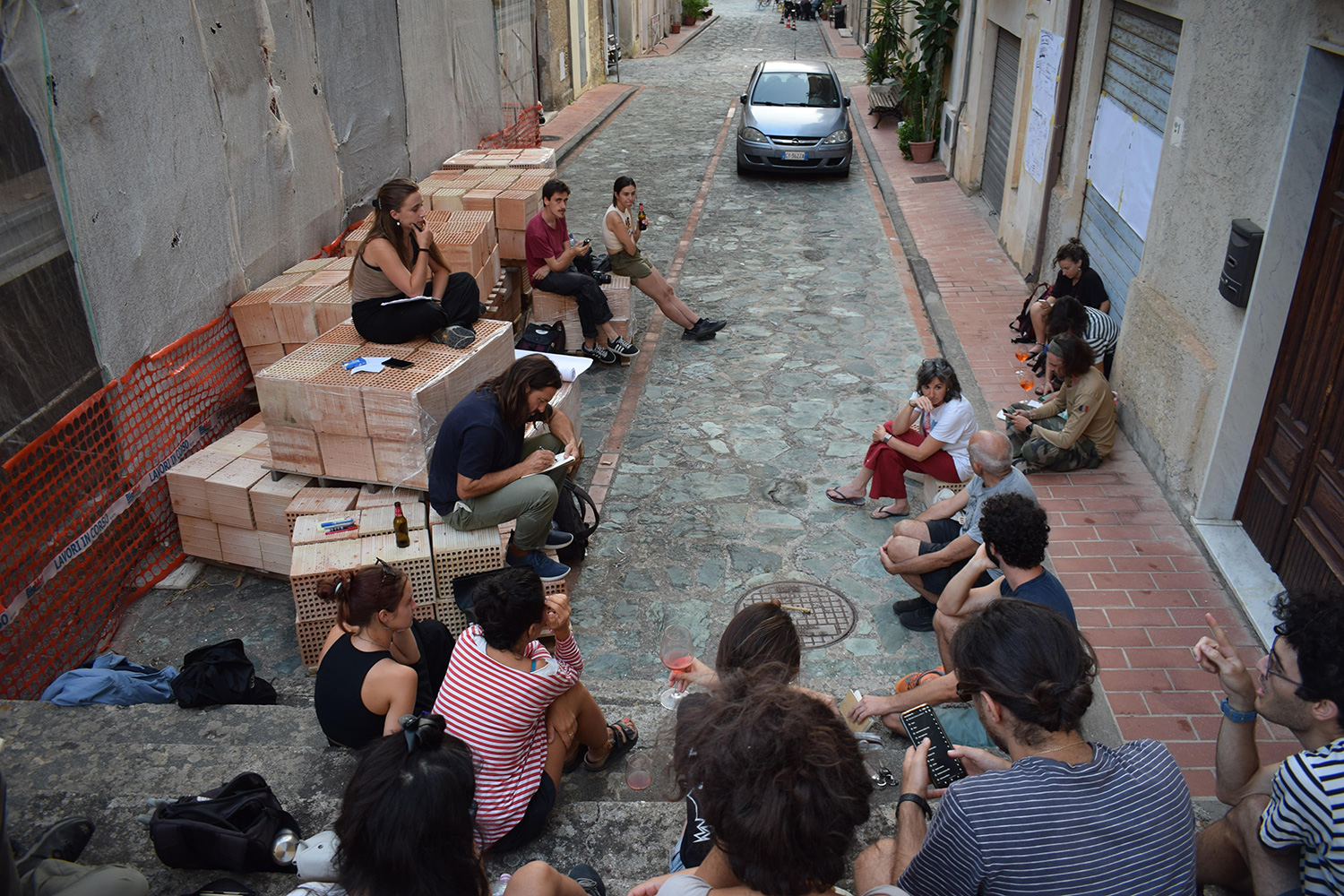
The spaces of Casa di BelMondo were transformed into a dynamic laboratory where participants could collect, study, and experiment with various construction techniques and materials. This experimental process was also guided by local artisans and experts, such as Franco, a local tiler, and Gerardo Vespucci, a historian from the area. Living and working in the space became a collective growth experience, a search for social, material, and cultural textures to respond to the needs of the place.
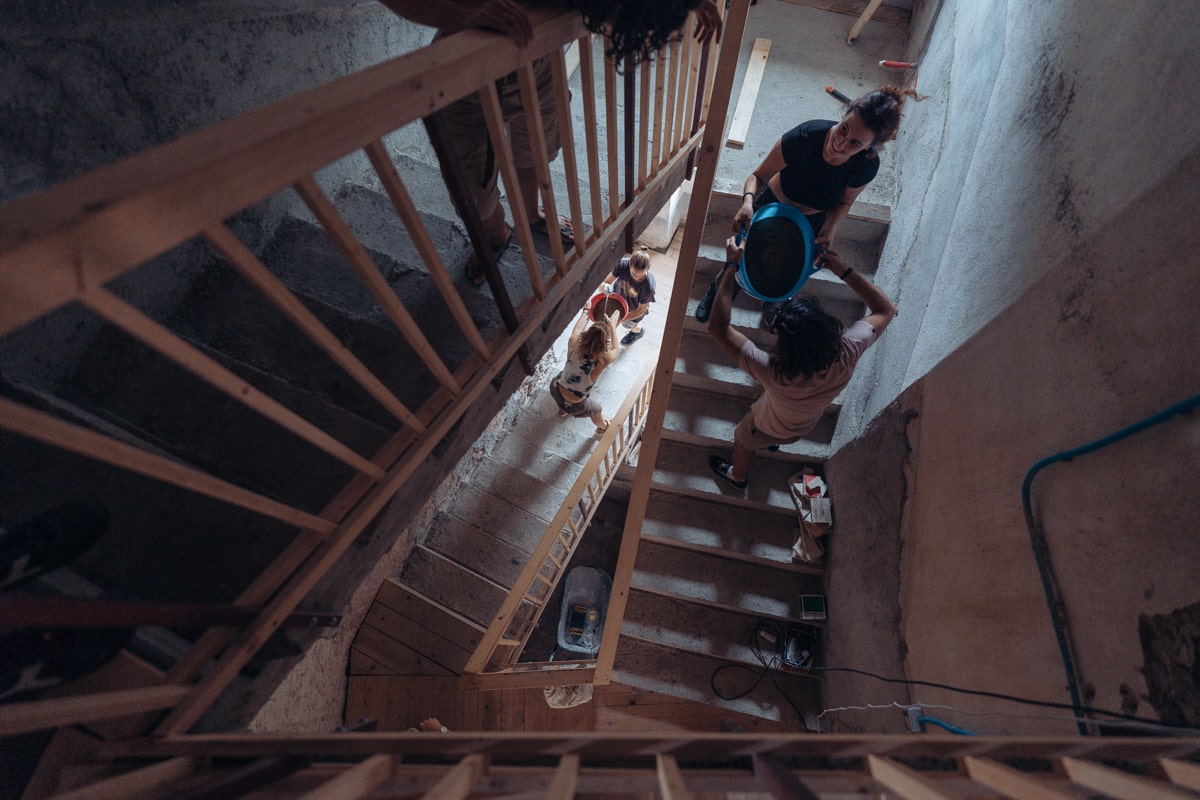
In a second phase, the spatial research from the first phase materialized with the construction of a new structure between the first and second floors of Casa di BelMondo, designed to meet the diverse needs of those residing in Belmonte for medium to long periods throughout the year.
An abandoned area of the house was redesigned, transforming it into a hybrid space using recycled materials directly sourced from the dismantling of other parts of Casa di BelMondo.
ASOC GREECE 2024: Waterlandscapes
ASOC workshops in Greece took place at the Tirilab headquarters in Morfi, an old abandoned school recently returned to the village as a space for architectural experimentation and community gathering.
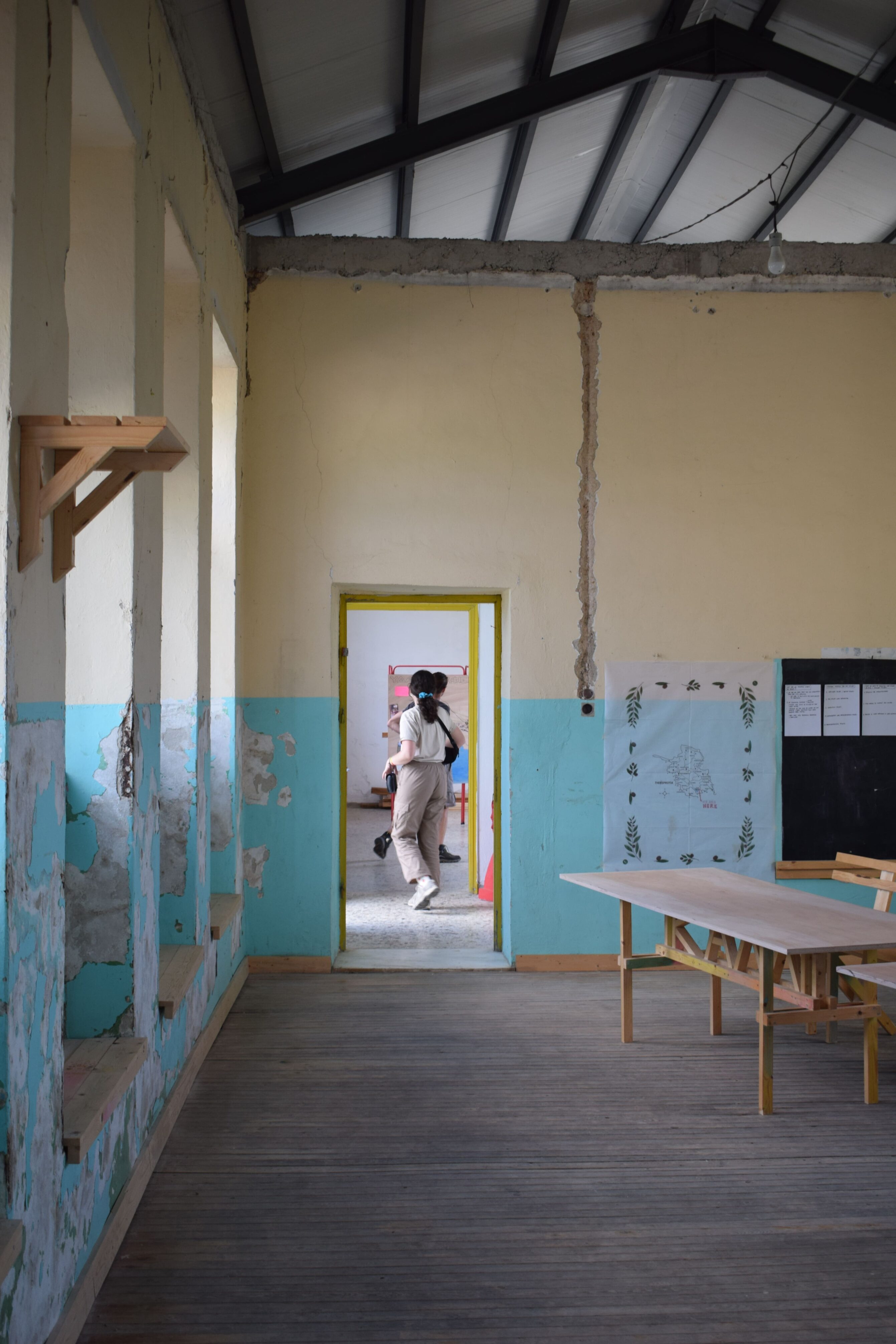
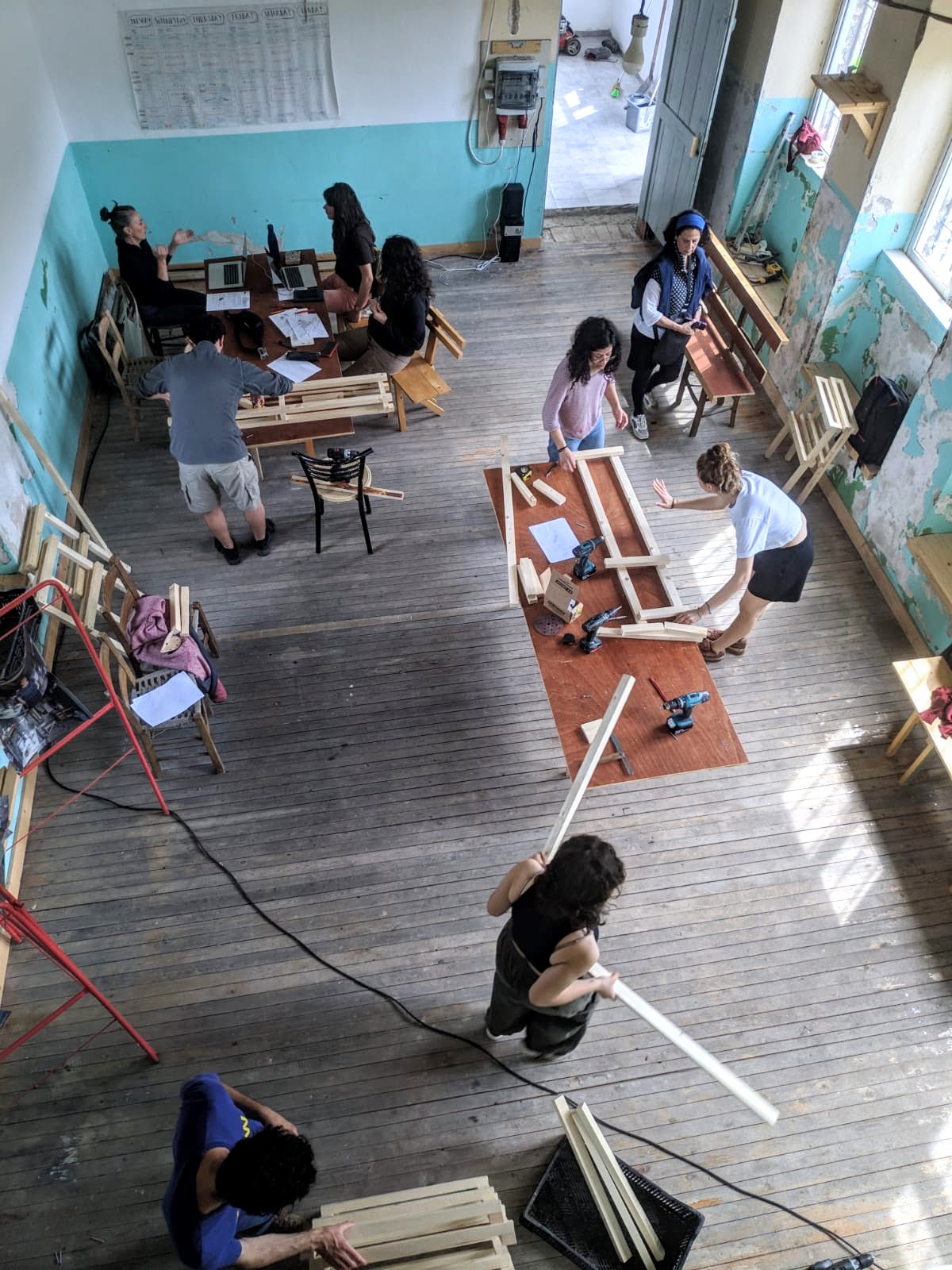
Tesprotia, in the north of the country, is a region impacted by population decline and characterized by a landscape marked by water, a natural resource at risk. The region hosts several local initiatives led by women focused on preserving local traditions and resources.
Water is deeply connected to the area’s history and mythology, yet it also faces the impact of local and global ecological challenges such as overexploitation, mass tourism, and climate change.
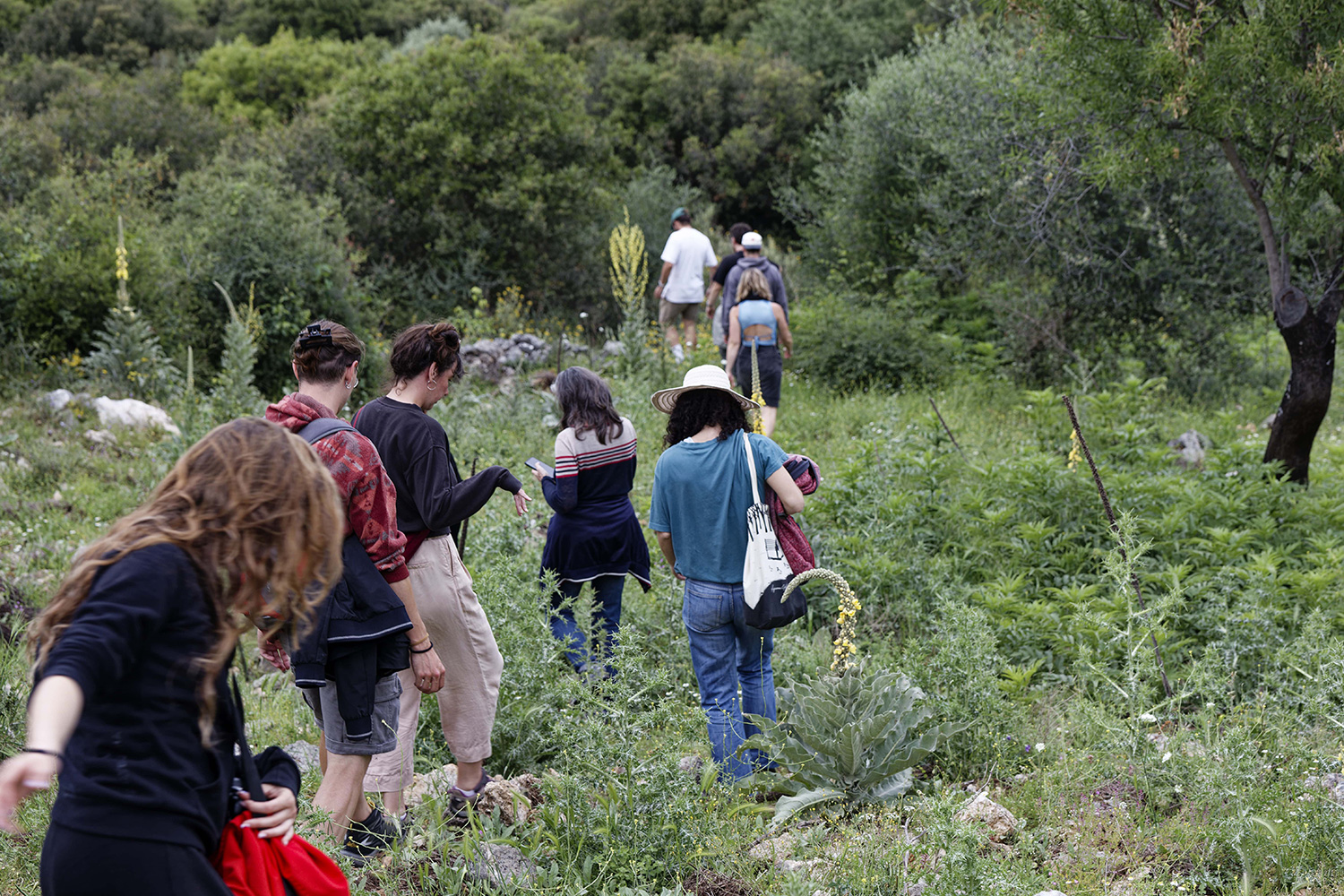
During two intensive workshops, where participants lived and worked in the old school of Morfi in collaboration with the local community, ASOC participants had the opportunity to investigate local water landscapes, understand their mythological importance, and explore their political and social implications.
The workshops were structured around three scales of work and research: the mythological courses of water, water as a way of life, and water as a common good.
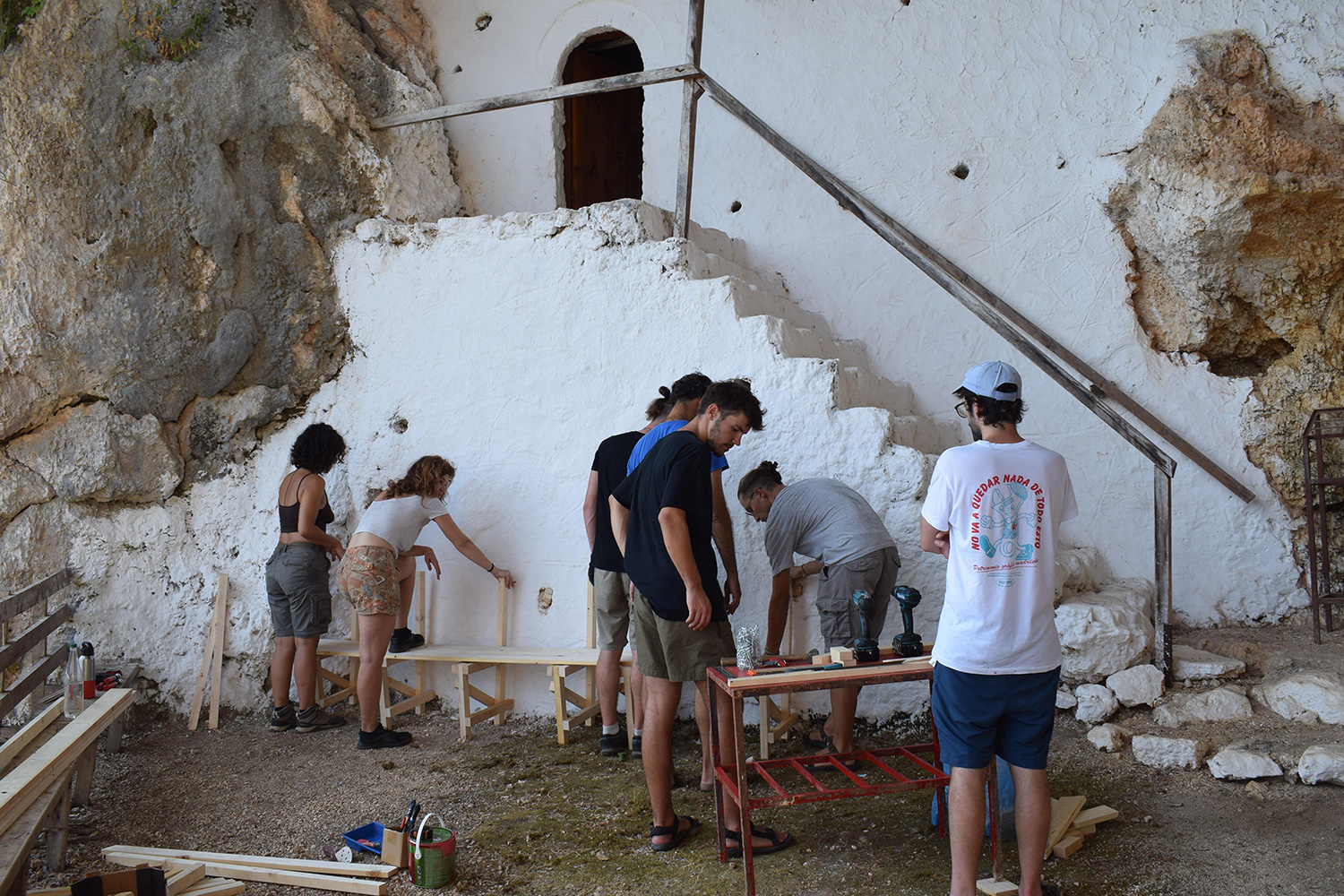
Work was carried out on various scales, including the restoration of local routes, the care and construction of public infrastructure, and the mapping of biodiversity sites connected to water through the study of local legends and myths.
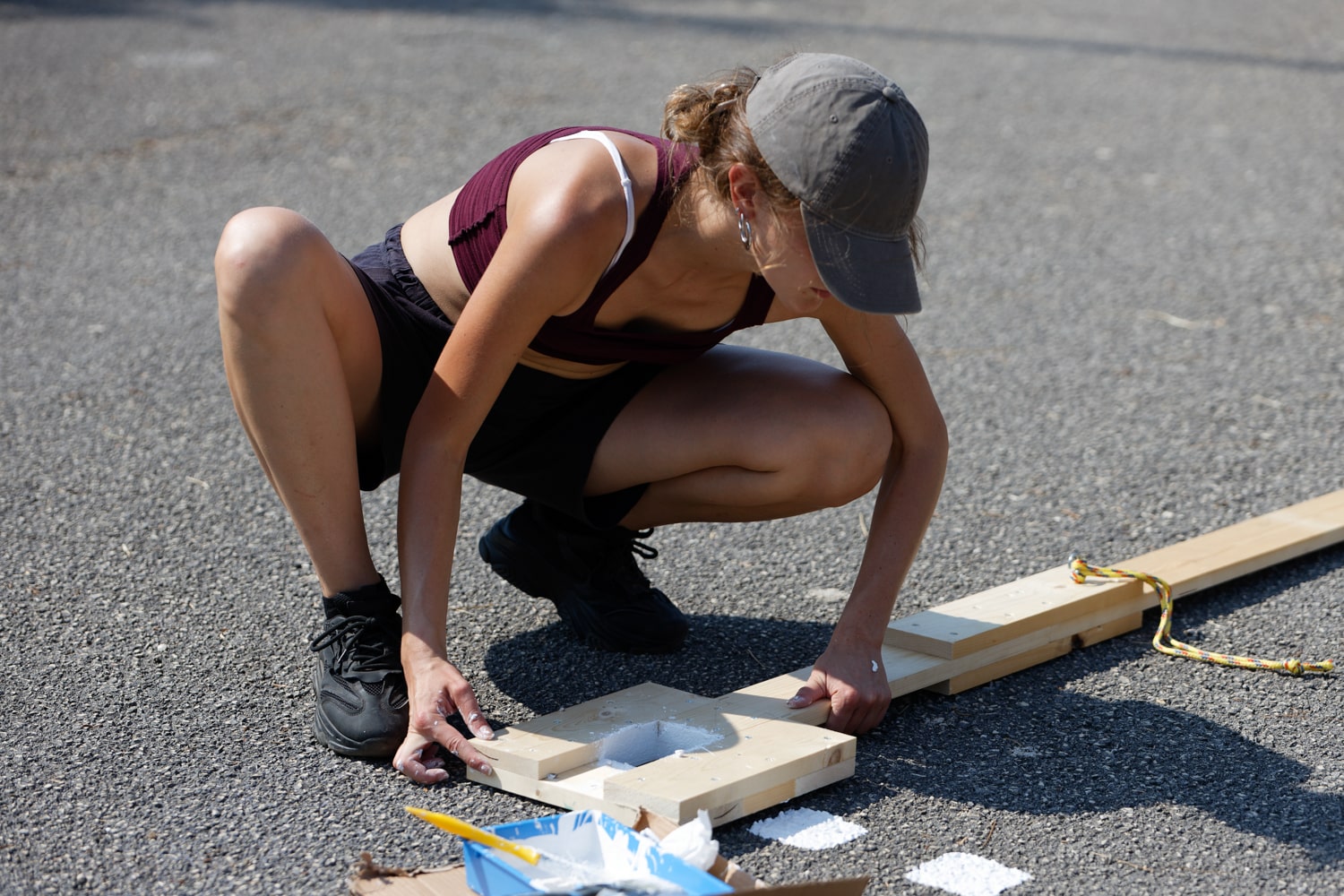
New infrastructure and public furniture were restored and created at the old school in Morfi and its surroundings. In collaboration with the local initiative Vrilissos, the mythological route between the Morpheus cave and the Styx lagoon was researched and restored. Sites such as Lake Kalodiki were mapped, examining their connections with the area’s ecological challenges.
Reflections and interviews with the community and local experts were recorded in radio format, and the old school of Morfi was inhabited and cared for, inviting the local community to participate in the discoveries and presentation events.

